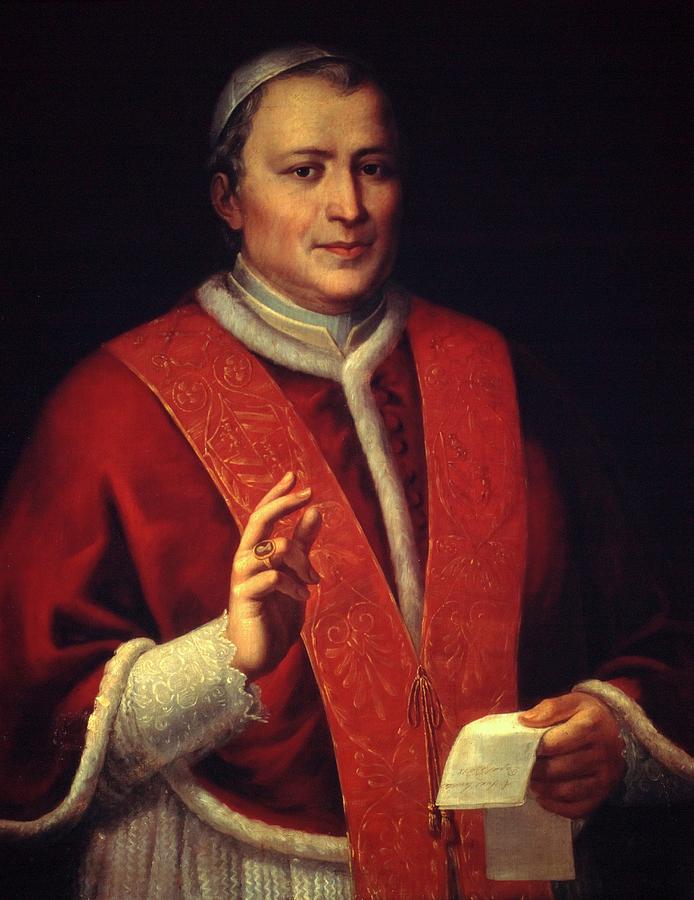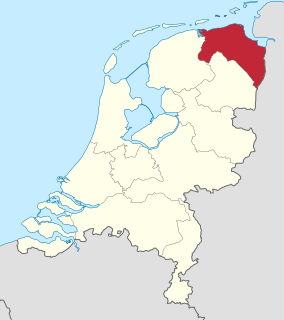 |
|---|
| This article is part of a series on the politics and government of the Netherlands |
Local government |
|
General elections were held in the Netherlands on 17 May 1853. [1] They followed the dissolution of the House of Representatives as a result of a government crisis caused by the restoration of the episcopal hierarchy.

The Netherlands is a country located mainly in Northwestern Europe. The European portion of the Netherlands consists of twelve separate provinces that border Germany to the east, Belgium to the south, and the North Sea to the northwest, with maritime borders in the North Sea with Belgium, Germany and the United Kingdom. Together with three island territories in the Caribbean Sea—Bonaire, Sint Eustatius and Saba— it forms a constituent country of the Kingdom of the Netherlands. The official language is Dutch, but a secondary official language in the province of Friesland is West Frisian.

The House of Representatives is the lower house of the bicameral parliament of the Netherlands, the States General, the other one being the Senate. It has 150 seats which are filled through elections using a party-list proportional representation. It sits in the Binnenhof in The Hague.

On 4 March 1853, Pope Pius IX restored the episcopal hierarchy in the Netherlands with the papal bull Ex qua die arcano, after the Dutch Constitutional Reform of 1848 had made this possible. The re-establishment of the episcopal hierarchy led to the April movement protest in 1853.
Contents
The result of the elections was a defeat for Prime Minister Johan Rudolph Thorbecke and his liberals. Only the province of Groningen and Twente remained a liberal stronghold. The conservative Van Hall-Donker Curtius cabinet thus received ample support in the House of Representatives and Floris Adriaan van Hall became Prime Minister. However, the restoration of the episcopal hierarchy that had caused the government crisis was not reversed, although the Roman Catholic Church was restricted in its freedom of movement by the introduction of the Law on Church Societies. [2]

Johan Rudolph Thorbecke was a Dutch statesman of a liberal bent, one of the most important Dutch politicians of the 19th century. In 1848, he virtually single-handedly drafted the revision of the Constitution of the Netherlands, giving less power to the king and more to the States General, and guaranteeing more religious, personal and political freedom to the people.

Groningen is the northeasternmost province of the Netherlands. It borders on Friesland to the west, Drenthe to the south, the German state of Lower Saxony to the east, and the Wadden Sea to the north. In 2014, it had a population of 582,640 and a total area of 2,960 km2 (1,140 sq mi).

Twente is a non-administrative region in the eastern Netherlands. It encompasses the most urbanised and easternmost part of the province of Overijssel. Twente is most likely named after the Tuihanti or Tvihanti, a Germanic tribe that settled in the area and was mentioned by the Roman historian Tacitus. The region's borders are defined by the Overijssel region of Salland in the northwest and west, the German County of Bentheim in the northeast and east and the Gelderland region of the Achterhoek in the south.







